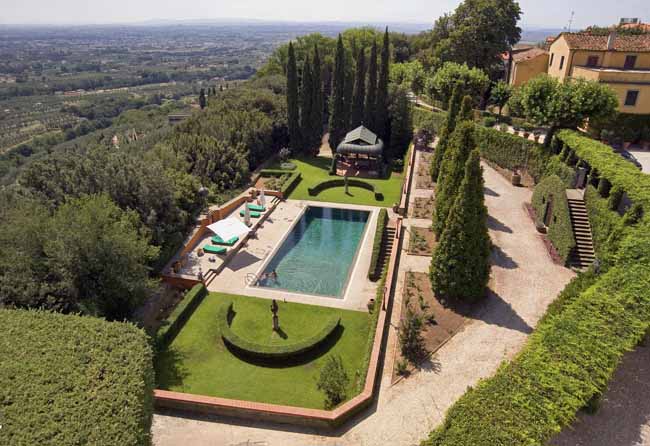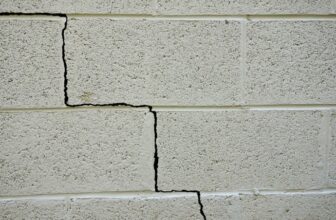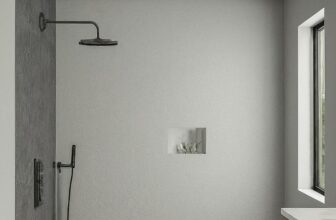
If you have the space and the means, a pool can be an excellent addition to your backyard. Even though a pool’s primary purpose is for recreation, it’s not all fun and games. There are some important considerations to make before putting a pool on your property.
1. The Pool’s Uses
The size, depth, budget, and type of construction will all be influenced by the pool’s main purpose. Is it for swimming laps? Relaxing on hot days? Playing with the kids? Entertaining? Decoration?
Also, the construction should be worth the cost. A pool might be a nice idea, but if you’ll only use it a few times a year when the grandkids come to visit, is it worth the expense? Consider this question carefully before hiring a contractor.
2. Timing
Building an in-ground pool won’t be a quick process. First, the local planning council must sanction the project. Once you’ve submitted an application, it can take up to six weeks to get approval.
While the pool is being installed, your backyard will be virtually out of commission. You’ll also have construction workers, heavy equipment, and a mess on your property. Depending on the size of the pool, the time of year, zoning laws, the materials used, and the soil, it can take 2-4 weeks for the installation. Choose a time for installation that’s most convenient for you.
3. Size
The size of the pool is one of the most important considerations. This goes beyond simply measuring your backyard. There must be enough space for a patio and walkways around the pool. There’s also the ratio of grass you want to maintain in your yard despite the pool, patio, and concrete surround.
Obviously, a larger pool will be more expensive than a smaller one. It will also take longer to install a larger pool. Factor in each of these items before submitting design plans.
4. Pool Composition
Most backyard pools are built into the ground, but if you don’t have the space or budget, or certain zoning laws make it impossible to build a pool in your yard, an above-ground pool can be a smart alternative.
The two most popular materials for pool construction are concrete and fiberglass composite. Vinyl pools are also common, but they’re not as durable or easily maintained. Speak with a contractor about the best option for your backyard.
5. Yard Terrain
Your backyard might not be ideal for a pool installation. It’s much easier to build a swimming pool on a level site than on a sloping one. The condition of the ground is also a factor. Sandy, rocky, or unstable soil makes for a difficult installation.
If you live in an area that’s prone to earthquakes, storm water run-off, flooding, or slips, that could also impact the soil’s ability to hold your pool. It’s best to have your soil tested for suitability before planning a pool installation. Keep in mind city regulations for pools in areas with unsuitable soil conditions.
6. The Weather
Do you live in a climate where it’s warm enough to have an in-ground pool? If you live in an area with hot summers and cold winters, are you up for draining and maintaining the pool every winter? The costs of winter maintenance can be astronomical for pool owners.
Additionally, construction in cold weather areas is tricky. The planning process can be time-consuming, so construction should begin when the ground is warm.
7. Liability
Unfortunately, accidents happen. If they occur on your property due to negligence of any kind, you might be liable. Negligence can be anything from failing to fix a tile on the patio to leaving out a pool net. If someone trips and gets hurt, you could have a lawsuit on your hands.
If the pool will be strictly for family, the concern might be minimal. However, if you entertain often, the risk is higher. Take precautions to protect your property from any accidents if you do install a pool.
Don’t enter the pool planning and installation process blindly. It’s vital that you carefully consider all your options before undergoing such an expensive and time-consuming installation.




